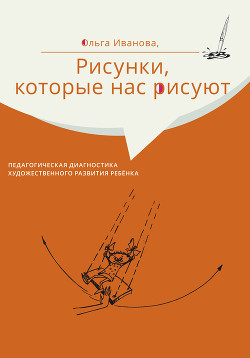Both antitrust and intellectual property laws are intended to facilitate economic growth. Antitrust is meant to encourage competition of all kinds and intellectual property law should offer inventors and artists the correct incentives to develop new ideas and technologies, but the harsh reality is that antitrust and IP laws have wandered off this course. In Creation without Restraint: Promoting Liberty and Rivalry in Innovation, Christina Bohannan and Herbert Hovenkamp analyze the current state of competition (antitrust) and intellectual property laws, and propose realistic reforms that will encourage innovation. As with antitrust and a reform process that aligned injury requirements in lawsuits with the incentive to compete, this book proposes similar reforms for patent and copyright law, and considers both the uses and limitations of antitrust as a vehicle for intellectual property law reform. This book considers how antitrust and IP law should engage practices that restrain rather than promote innovation, and covers the troubled topic of IP misuse, which the authors suggest needs a broader reach but narrower remedies. Bohannan and Hovenkamp also evaluate the uses and limits of antitrust to address a variety of practices in innovation intensive markets, including interconnection in networks, duties to deal, and internet neutrality. The book constructs a framework and rules for governing the innovation commons, or the vast area that involves collaborative innovation. Finally, it considers ways to further competition in the licensing and distribution of IP rights, and offers several proposals for specific reforms, most of which can be instituted by the courts without the need for new legislation.

















